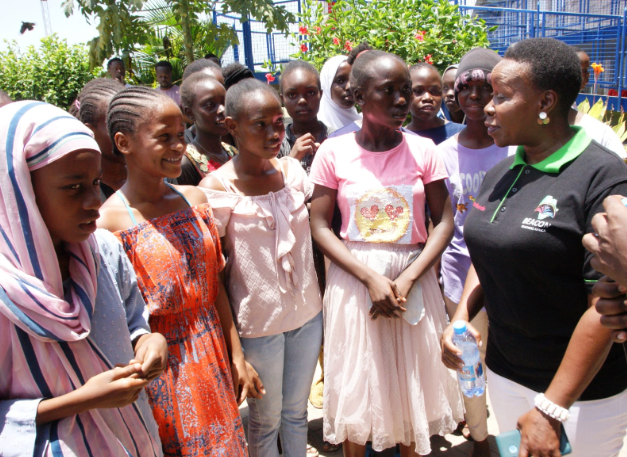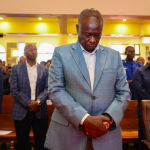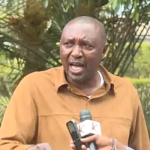The rise in cases of child sexual exploitation both at school and at home is linked to increasing levels of depression among teachers and parents, according to Beacon Teachers Africa, an NGO dedicated to protecting children and offering psychosocial support.
Dr. Joan Mwende, the founder and CEO of the organization, stressed that while protecting children in schools is essential, the effort must begin at home. She highlighted the need to improve the welfare of teachers so that they can fulfill their role as parental figures in schools.
Mwende noted that, based on their research, many children are exposed to inappropriate behavior at home and bring these behaviors to school. “Monkey see, monkey do! What children observe at home is what they replicate. We had a case in the Eastern region where ECDE children were found engaging in sexual activity during breaktime,” she said. After investigating, they discovered that one of the children had witnessed their mother and a neighbor engaging in sexual activity at home.
Speaking at Khadija Primary School in Mombasa on Saturday during International Teachers’ Day, Mwende shared that the young girl later taught her cousin and friends at school how to engage in similar acts.
“Violence against children comes in many forms—physical, emotional, and sexual. We are seeing a lot of sexual violence against children across the country, but much of it goes unreported,” Mwende explained. She added that children are often manipulated into believing that sexual abuse is something they should not speak about.
Mwende also pointed out the difficulty of detecting abuse, as there are often no physical signs unless a medical assessment is conducted. She further highlighted how certain societal norms and cultural practices perpetuate sexual violence against children, mentioning that in some cultures, grandfathers refer to their granddaughters as “wives.” This can lead to inappropriate touching in public, which is often overlooked or normalized, potentially escalating to more severe forms of sexual abuse.
Dr. Joan Mwende highlighted that many cases of child sexual abuse go unreported because families feel embarrassed and fear the negative reflection on them. In some instances, families protect the perpetrators, especially if they are relatives.
“There is also stigma attached to it. Unfortunately, the stigma is placed on the victim rather than the abuser, which complicates the situation,” Mwende explained. She pointed out that when parents discover their child has been sexually abused, they often tell the child not to speak about it.
“They choose to keep it a secret. They don’t report it to the police or pursue legal action because they don’t want the public to know their child was sexually violated,” she said.
Mwende also expressed frustration with how long it takes to prosecute such cases. “If a child is abused at 14 years old, and the case takes four or five years to conclude, that child is already an adult by the time it ends, and they may no longer wish to pursue justice,” she noted, adding that this often discourages families from seeking legal recourse.
Additionally, Mwende criticized the criminal justice system for failing to compensate victims when a conviction is made. “The only positive outcome is that the offender is jailed, which protects society. But what about the victim? They are left with nothing—having to cover their own medical expenses, and there’s no financial support to care for a child born from that abuse,” she said.
In schools, Mwende noted, teachers might vent their frustrations on innocent students because they lack the parental bond necessary to care for the children as they should. “At Beacon Teachers, we build that bond with the child, and through it, they open up to us about things they may not even share with their parents,” she added.
Rev. Maria Kipruto, Beacon Teachers Africa’s Mombasa secretary, emphasized that many children attending school today are not psychologically stable. “A child who isn’t psychologically stable cannot learn. We first assess the child’s mood when they come to school, and through love, care, and protection, we help unlock their minds,” Kipruto said.
She also expressed concern over the impact of digital literacy on young learners, noting that it exposes them to harmful content, including sexual material. “Today, even very young learners freely admit to being sexually active. They talk about sex and pornography, and it’s shocking—it’s very traumatizing,” she said.



